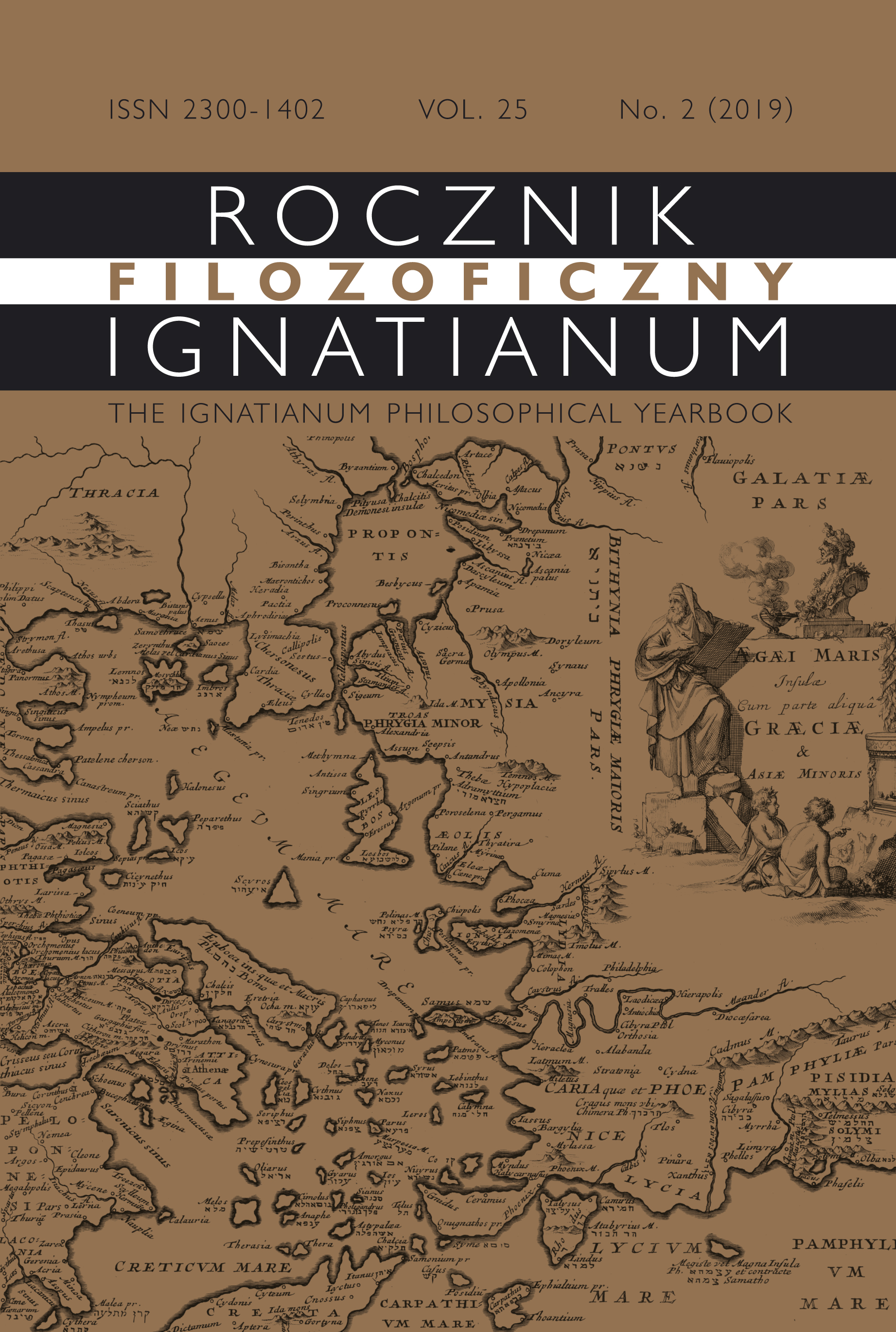Między Berlinem a Rzymem
Between Berlin and Rome
Bishop Georg Kopp and the End of Kulturkampf
Author(s): Jakub GrudniewskiSubject(s): History, Library and Information Science, Modern Age, 19th Century
Published by: Uniwersytet Ignatianum w Krakowie
Keywords: Otto von Bismarck; Kulturkampf; Georg Kopp; diplomacy; Berlin – the Holy See relations
Summary/Abstract: The aim of this article is to elucidate on the role of Georg Kopp, the Bishop of Fulda and later the Bishop of Wrocław, in ending the Kulturkampf, which was the conflict between the German government and the Holy See. The source material is drawn from the German Bishops’ Conferences files, the transcripts of the Sessions of the House of Lords of Prussia (the Upper Chamber of the Prussian Landtag) and the evaluation materials of Bishop Kopp by his contemporaries. The West German historians (e. g. Heinrich Bornkamm and Christian Weber) dealt with the subject of Kulturkampf after 1945. Also, Polish historians, including Jerzy Krasuski, discussed the issue in the light of its influence on the Polish territories. Despite Hans-Georg Aschoff’ biography, Bishop Kopp’s role in the Kulturkampf has not been sufficiently present, especially in Polish historiography. This article aims to fill that gap. General conclusions were formulated based on the source analysis and the literature on the subject. At the end of the 1870s, Otto von Bismarck, the German Chancellor, decided to put an end to the conflict with the Church. The negotiations on lifting the anti-Church Kulturkampf legislation occurred through the diplomatic channels between the government in Berlin and the Roman Curia. In 1882, there was a conflict in the Prussian bishopric because Georg Kopp turned out to be a supporter of concessions to the government. After this experience, he became involved in the negotiations in Rome. In 1880, 1882 and 1883, the so-called “mitigating laws” were passed to end the Kulturkampf policy. After the third law had been passed, there was an impasse in the relations between Berlin and the Holy See, as a result of which both sides had to make concessions. Kopp continued his diplomatic mission without the knowledge of other bishops and politicians from the Centre Party. However, his attempt to negotiate in the House of Lords was unsuccessful. The initiative was then taken over by Otto von Bismarck and due to his efforts the so-called First Peace Act was passed in May 1886. Some bishops criticized Bishop Kopp for his involvement. Yet, under the pressure from the Pope, the Center Party supported the Bismarck project. Thanks to Kopp’s efforts, who took responsibility for the decisions unpopular in the Church circles, Bismarck managed to end up the Kulturkampf policy.
Journal: Rocznik Filozoficzny Ignatianum
- Issue Year: 25/2019
- Issue No: 2
- Page Range: 71-94
- Page Count: 24
- Language: Polish

